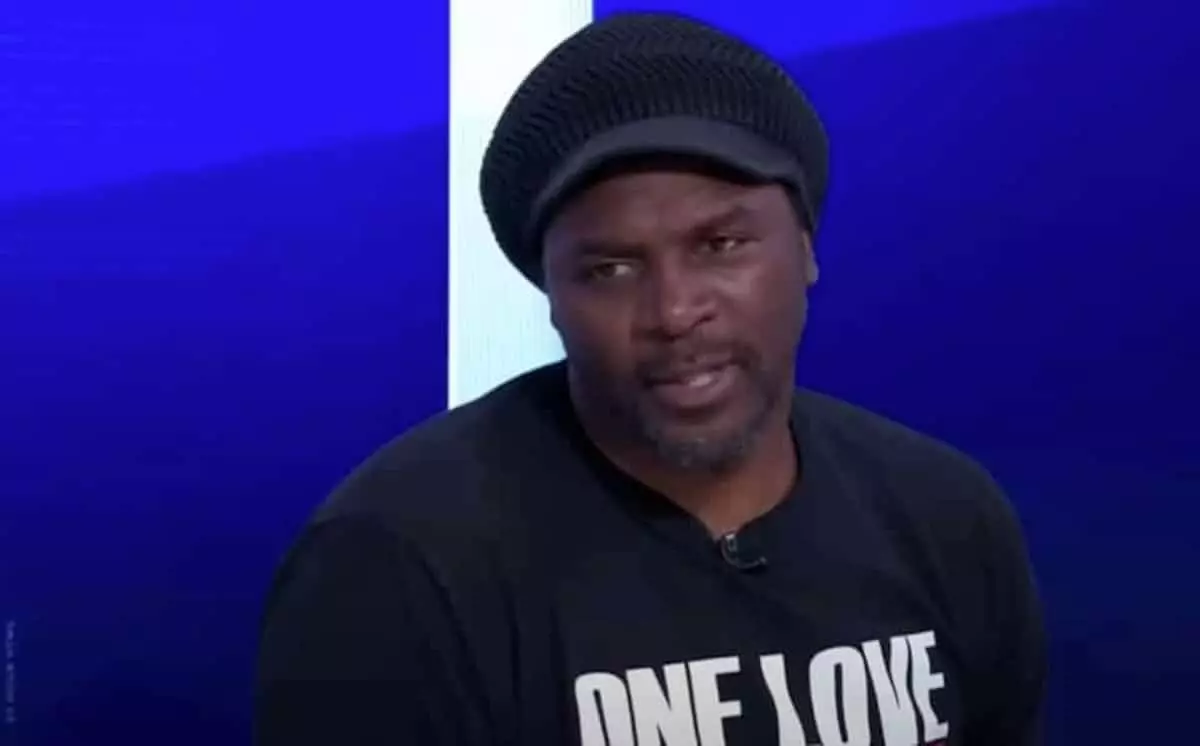Audley Harrison, who garnered international acclaim by winning Olympic gold in 2000, has announced his return to the boxing world after a long hiatus exceeding ten years. His transition from an accomplished amateur to a professional has been marked by mixed results; while he shone brightly in the amateurs, his professional career was marred by setbacks. Harrison’s last fight, a devastating first-round knockout against Deontay Wilder in 2013, led to his retirement from competitive boxing. However, his journey in the ring is far from over as he steps back into the sport—not as a fighter but in the roles of manager and trainer.
Harrison has taken to social media to share his plans, revealing that he has obtained his boxing license from the California State Athletic Commission. “I’m back in the boxing game,” he announced on X, emphasizing his commitment to contributing to the sport from an advisory angle. What’s particularly intriguing about his return is Harrison’s invitation to newer generations of fighters, indicating that his experience holds invaluable lessons. He claims, “I pioneered boxers managing their careers,” which showcases his understanding of the industry, covering negotiations, sponsorships, and promotional contracts.
Though his professional career did not mirror his Olympic success, Harrison’s insight into the boxing business is undeniable. He has tasted high-profile deals, such as his BBC contract that enabled him to handpick his initial ten opponents, giving him a strategic edge early in his career.
One of the more compelling aspects of Harrison’s recent revelations is his acknowledgment of personal struggles that kept him away from the sport. He admitted on social media that he had “walked away from boxing for many years,” largely due to a reluctance to confront his own demons. The decision to re-enter the boxing realm appears rooted in a desire for personal catharsis as well as professional reinvigoration. Harrison hinted at an eventual disclosure of his life experiences, suggesting that his journey—complete with failures and triumphs—could serve as inspiration for others in the sport.
While there are undoubtedly critics eager to belittle Harrison’s past performances, it’s essential to recognize his contributions as an elite amateur and his bravery in facing formidable opponents as a professional. As he transitions into a managerial role, the boxing community will undoubtedly keep attentive watch, curious about how his unique insights and experiences might influence up-and-coming fighters.
As newfound challenges and opportunities unfold, all eyes will be on Audley Harrison, whose journey serves as a reminder that the world of boxing is as much about resilience and reinvention as it is about the fight itself. In welcoming him back, we not only celebrate his legacy but also anticipate how he can shape the next generation of fighters in a sport that has given him so much, for better or worse.

